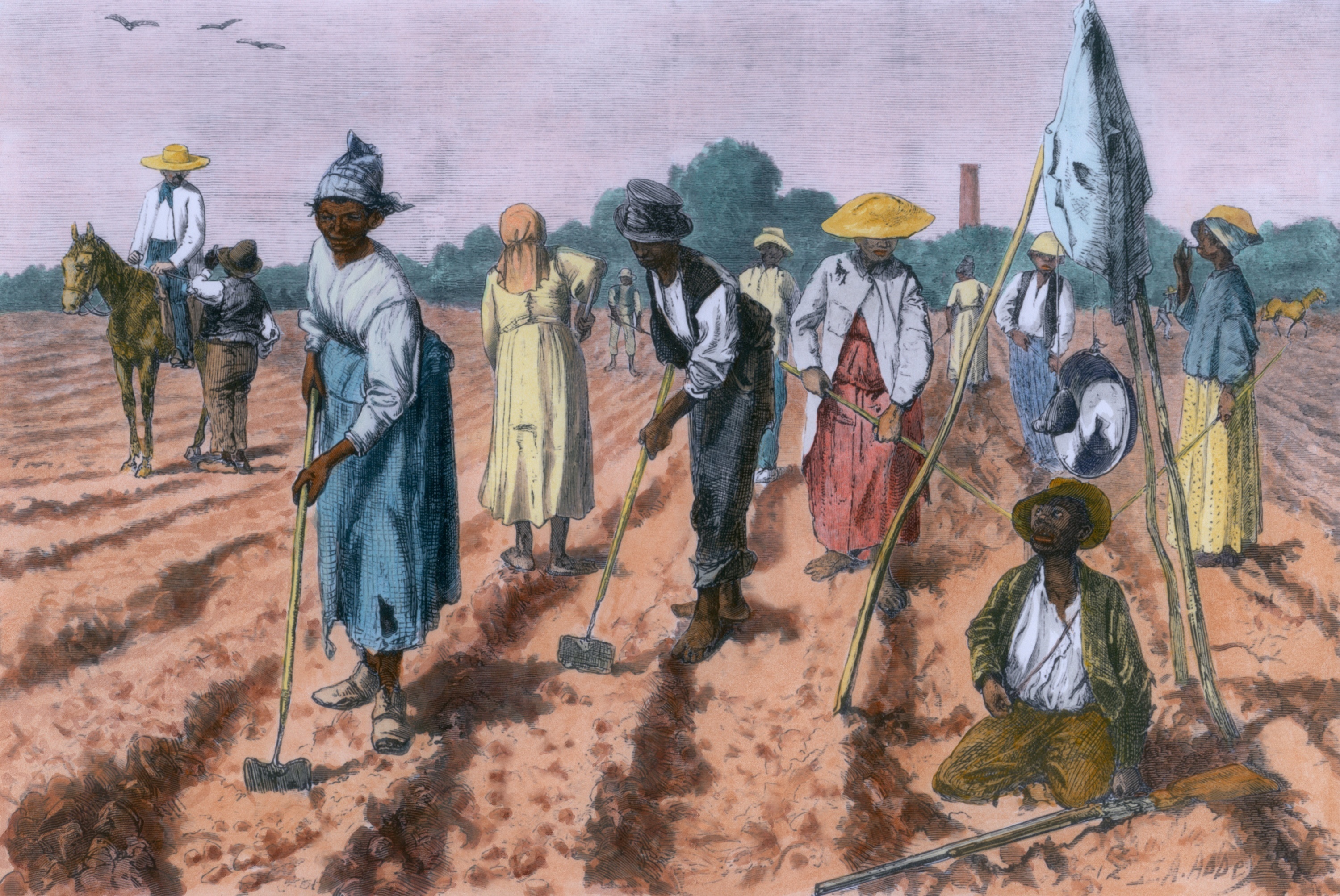Both historic racist policies and current racist policies have contributed to our enormous racial wealth gap, Josh Hoxie, co-author of IPS and CFED’s new report, The Ever-Growing Gap, told the Real News Network.
The racial wealth gap is not new, Hoxie said. “What’s new is some folks in this country have decided that we’re in a place where race plays much less of a role than it did in previous generations. That’s simply not true.”
Public policy in the mid-20th century, such as redlining — where the Federal Housing Administration refused loans to people of color — allowed the white middle class to thrive while non-white families fell behind.
“They don’t remember, or choose not to remember, that their parents or grandparents were able to buy a house, which enabled them to get a leg up,” Hoxie said.
Today, there are federal policies that exclude many professions that are held largely by people of color. “For instance, farm workers who were left out of minimum wage laws, Hoxie explained. There are also predatory practices like payday lending schemes that target communities of color, he said.
“Thirty years from now, when non-whites will make up the majority of the American population, we’ll see the racial wealth divide double from $500,000, where it is now, to over $1 million,” Hoxie said.
The discussion around inequality is resonating with the American people, Hoxie said, but we haven’t gotten to the point where people are putting together the pieces that there is a racial component to that.
That’s why, Hoxie said, we need a government-wide audit to look at federal policies that are contributed to the divide.
“The estate tax,” Hoxie said, also “plays a serious role in checking the concentration of wealth, the intergenerational transfer of wealth that people who inherit would not pay a single dime in taxes for.”
Finally, Hoxie said that reparations could be a tool in shrinking the racial wealth gap. “What would it look like if we were to get serious about solving this problem?” Hoxie asked.
